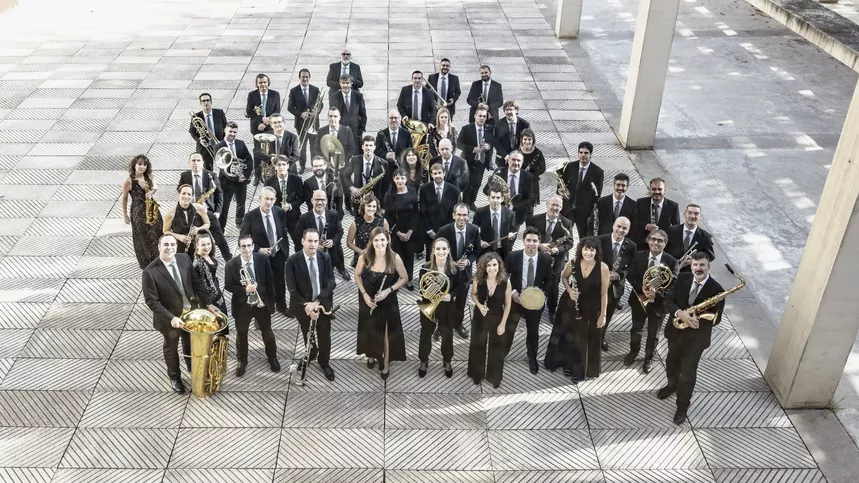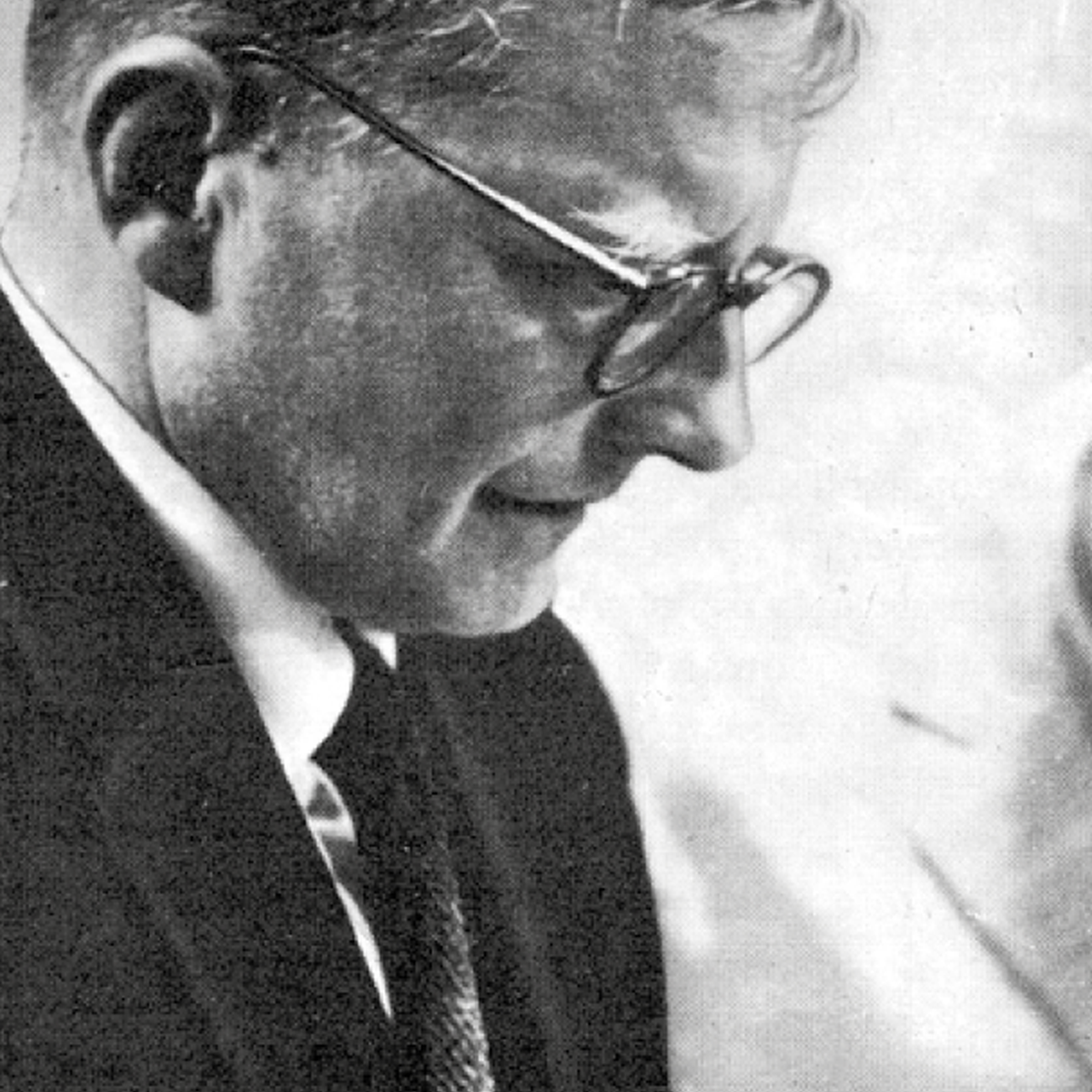
Banda Municipal de Barcelona
- Palau Afterwork Concerts
19June2025
Thursday
19:00
Concert Hall

He was born in Saint Petersburg in 1906 and passed away in Moscow in 1975. In 2025, it will be fifty years since his passing, yet his music remains as poignant as when it was first heard, often for the first time, mostly in his native Russia.
Shostakovich was one of the many artists who remained in Russia during the escalation of the Soviet regime. As a result, Shostakovich enjoyed both the privileges of being considered a composer sympathetic to the goals of exalting the Russian soul and suffered the anguish of persecution as he was considered a dissident regarding the directives of the Communist Party of the Soviet Union. His music contains echoes of Russian folklore and, at the same time, an adherence to the Western musical tradition, and, of course, his own voice: raw, majestic, tormented, emotive, passionate, virtuosic, mystical.
At the Palau, we will remember this great composer with the programming, at the inaugural concert with the Vienna Philharmonic, of his Tenth Symphony, written just after Stalin's death. We will also listen to the 24 Preludes and Fugues for piano —mirrored after those of J.S. Bach—, the two Piano Trios, and three of the fifteen String Quartets he wrote, in addition to the Overture on Russian and Kyrgyz Folk Themes written in 1963, once again looking towards his beloved Russia, with its steppes, lively and colorful dances. Shostakovich is still today a great unknown: hero or anti-hero?